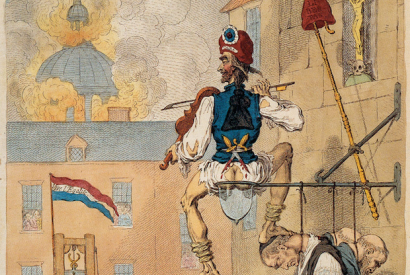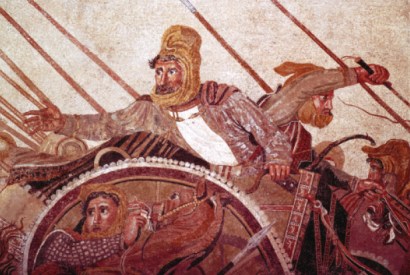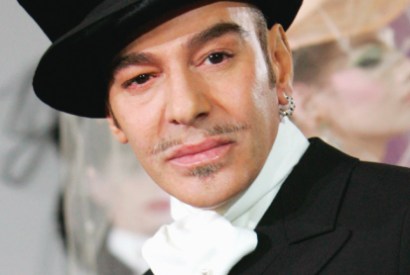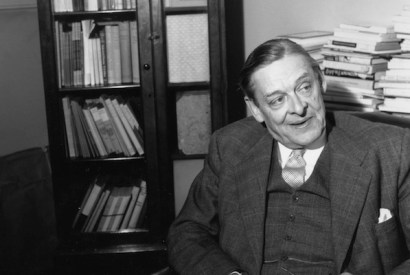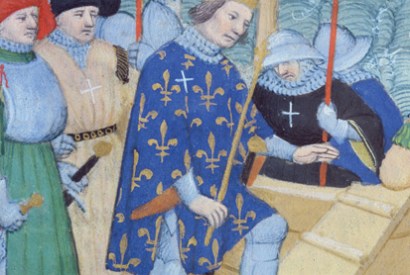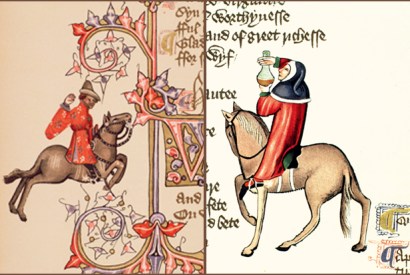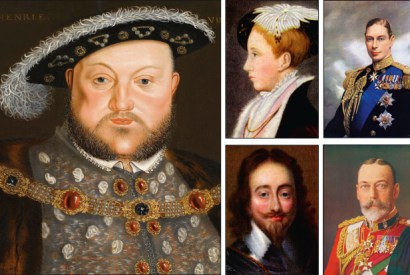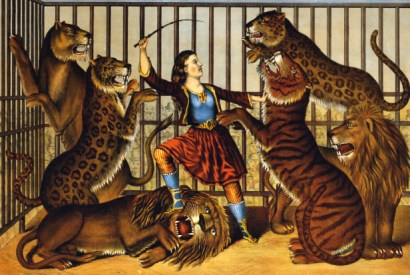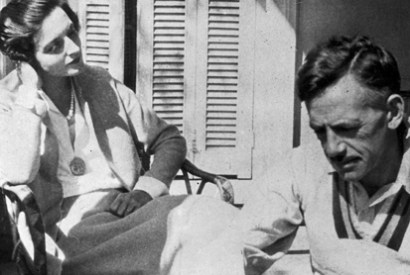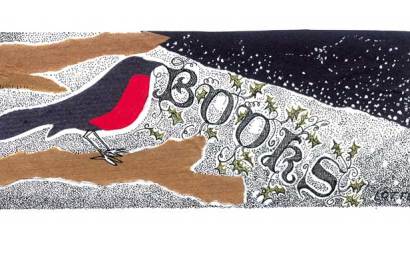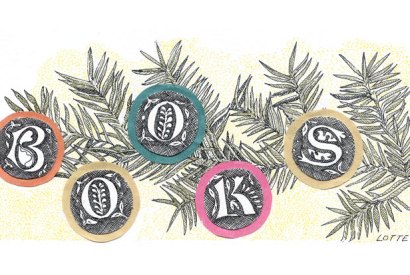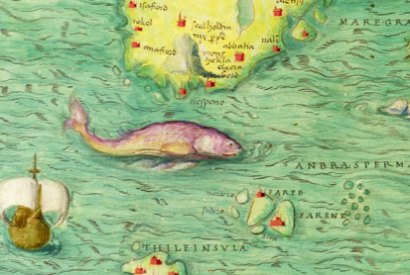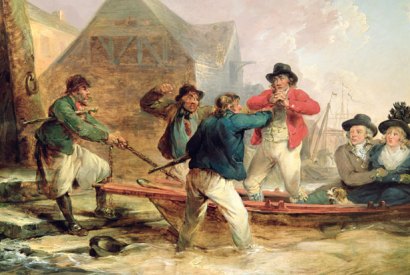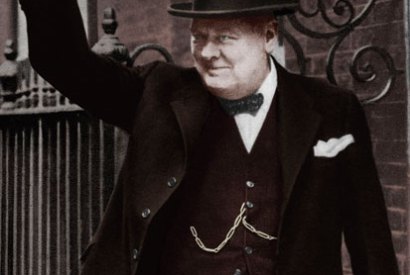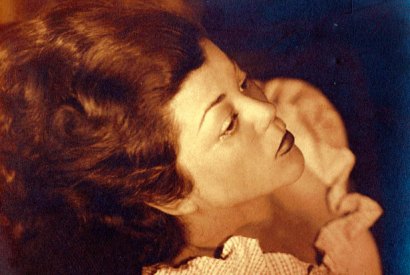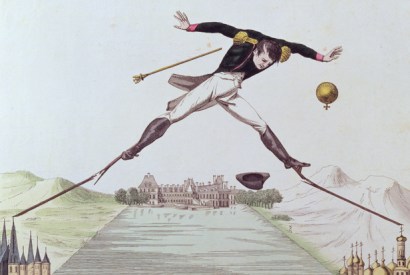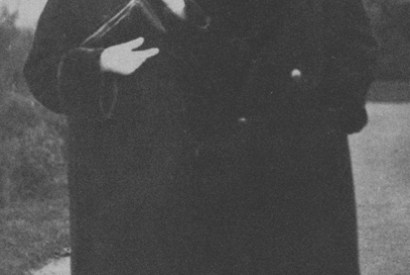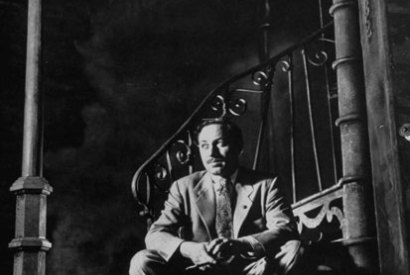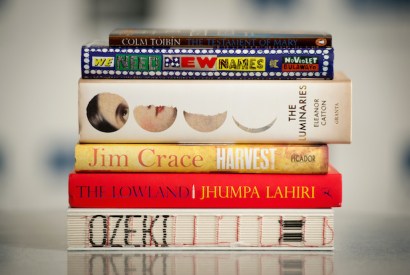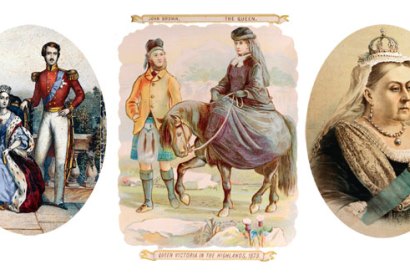Lead book review
When the money ran out, so did the idealism in post-Revolutionary France
Why did the French Revolution go so wrong, descending into a frenzied bloodbath in just five years? Because by 1794 all trust had vanished, and the country had literally run out of cash, explains Ruth Scurr
Darius III: Alexander’s stooge
The ‘Great Kings’ of Persia were renowned for their good looks and imposing stature, but they will always, throughout history, be eclipsed by the Greeks, says Tom Holland
Drink, drugs and dressing-up: behind the scenes of the fashion industry
Philip Hensher explores a dangerously intoxicating world, and discovers just how quickly famous designers can become an irrelevance
Tom Eliot — a very practical cat. Did T.S. Eliot simply recycle every personal experience into poetry?
T.S. Eliot may have put much of his early life into his poetry, says Daniel Swift, but The Waste Land remains a marvellous mystery that defies explanation
The forgotten flowering of the medieval mind
Sean McGlynn is delighted by a cultural journey through the Middle Ages, replete with philosophy, heresy and mysticism
A window on Chaucer’s cramped, scary, smelly world
Sam Leith describes the frequently lonely, squalid and hapless life of the father of English poetry
Game of thrones: five kings spanning five centuries launch a new series on royalty
Nigel Jones reviews the first five titles to appear in a new series on British monarchs
Mecca: from shrine to shopping mall
The Saudis, official custodians of Islam’s holiest place, have bulldozed its historical sites, perverted its religion and turned Mecca into one vast shopping mall, says Justin Marozzi
Eugene O’Neill: the dark genius of American theatre
Sarah Churchwell on how Eugene O’Neill virtually single-handedly revolutionised American theatre in the first half of the 20th century
Matthew Parris on Owen Jones, Alan Johnson on hawks, David Crane on Noah’s Flood: Spectator books of the year
A further selection of the best and most overrated books of 2014, chosen by some of our regular reviewers
Paul Johnson on Henry Kissinger, Susan Hill on David Walliams, Julie Burchill on Julie Burchill: Spectator books of the year
Plus choices from Mark Amory, A.N. Wilson, Thomas W. Hodgkinson, Roger Lewis, Jonathan Mirsky, Jeremy Clarke, Stephen Walsh, Ferdinand Mount, Ysenda Maxtone Graham, Wynn Wheldon, Stephen Bayley, Jonathan Rugman, Alan Judd, Patrick Marnham, Richard Davenport-Hines, Michela Wrong, Byron Rogers, Sofka Zinovieff and Andrew Taylor
The Edge of the World: deep subject, shallow history
Michael Pye appears out of his depth in a cold, grey sea in the mists of time, says Adam Nicolson
Terror plots, threats to liberties, banks in crisis: welcome to Britain during the Napoleonic Wars
At the end of the 18th century, Britain shuddered in Boney’s shadow, living in constant expectation of invasion and occupation, says Nigel Jones
Does Boris Johnson really expect us to think he’s Churchill?
An eccentric, thoroughgoing genius, surfing every wave with a death-defying self-belief — Philip Hensher wonders who Boris Johnson can be thinking of
My mad gay grandfather and me
Mirabel Cecil on Lord Berners’s volatile ménage — as surprising and colourful as his famous dyed doves
How Hitler's dreams came true in 1946
In 1946, in the aftermath of a devastating war, the world seemed a very dark place indeed, says Sam Leith
If you want to admire Napoleon, it helps not to have met Gaddafi
Napoleon’s exploits may have captured the world’s imagination, but the great European drama, played out over 20 years, was ultimately tawdry and pointless, says David Crane
Nabokov’s love letters are some of the most rapturous ever written
Vladimir Nabokov was happily married for over 50 years and rarely apart from his wife. More’s the pity, discovers Philip Hensher
Confused, unbalanced, brilliant: the Blanche Dubois of Tennessee Williams biographies
Thomas W. Hodgkinson finds John Lahr’s ‘stand-alone’ biography of Tennessee Williams as confused and unbalanced as Streetcar’s heroine
Going for a Song, by Bevis Hillier - extract
An Anthology of Poems about Antiques, compiled and introduced by Bevis Hillier
Keep the Man Booker Prize British
Americans don’t need the cachet of our most prestigious literary prize – but we do, says Matthew Walther
Corrie and ready-salted crisps: the years when modern Britain began
The only thing really swinging in early Sixties Britain, says Sam Leith, was the wrecking-ball
Is there anything left to say about Queen Victoria? A.N. Wilson has found plenty
A new, revisionist biography argues that it was only after her husband’s death that Queen Victoria found her true self. Jane Ridley is impressed

